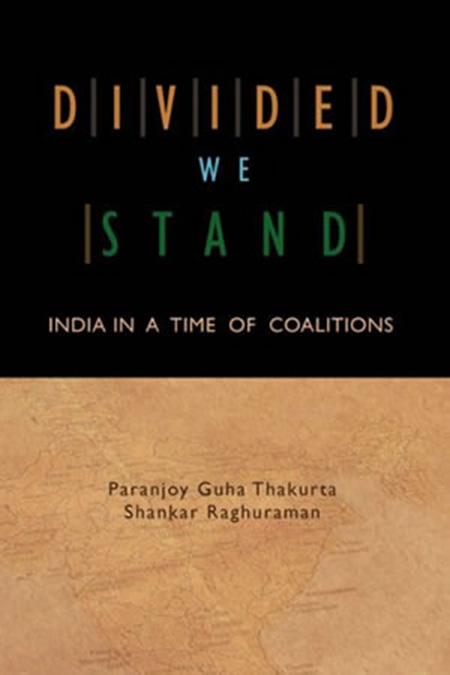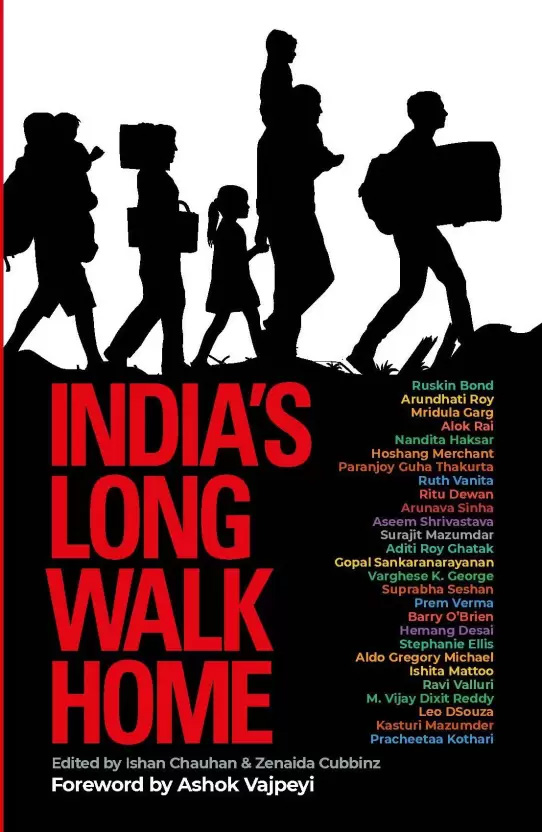Two unconnected developments marked 2014 as a unique year in the history of India’s political economy. The first was the outcome of the 16th general elections, which saw a party win a majority in the Lok Sabha on its own for the first time in three decades. The second was an international phenomenon: the sudden fall in the prices of crude oil which has had an unexpected beneficial impact on the economy.
However, beneath the apparently benign surface of the positive developments and the country’s “growth story”, there are strong subterranean tensions. The intolerance displayed by sections of the Hindu majority towards minorities in general and Muslims in particular threatens to derail Prime Minister Modi’s grand plans of reviving the economy by spurring investments. The just-concluded elections in Jammu and Kashmir and Jharkhand together with the disruption in the Rajya Sabha during the Winter Session, reveal the limitations of the majoritarian strategies of the BJP.
The BJP’s brand of politics polarises society. Witness what happened in Jammu and Kashmir. The saffron party swept the Hindu-dominated Jammu but was unable to register even a marginal presence in the Kashmir Valley (obtaining barely one per cent of the votes polled) where Muslims are in an overwhelming majority. In the general elections, the BJP had won 31 per cent of the popular vote but not a single one of the party’s 282 MPs is Muslim. Mr Modi surely realises that you cannot talk of “inclusive” development if one out of seven Indians who are not Hindu is alienated from your party.
Yet the PM has been perceived to be strangely reticent in reining in the most extreme elements in his ideological fraternity led by the RSS. Some of these fringe groups now apparently want to build a temple in the name of Nathuram Godse who assassinated the “father of the nation” Mohandas Karamchand Gandhi. Mr Modi’s personal intervention in the RS may have facilitated his finance minister Arun Jaitley’s efforts at increasing the limit on FDI in insurance companies from 26 per cent to 49 per cent as well as the new law for public auctions of coal acreages whose licences were cancelled by the SC.
But that was not to be. Why did Mr Modi insist that he would not speak in the RS? Did he believe that by not making a statement on Hindu-Muslim relations in the Rajya Sabha, he would be making an important political point? The message that went through was that the PM was unwilling to strongly condemn those in his party who were spewing hate in the name of Hindu nationalism. This could well prove to be the weakest link in his attempts to provide better governance in coming years. As for the Opposition, it is behaving no differently from the manner in which the BJP acted when it was the principal Opposition for 10 years.
No major problems on the economic front are foreseen for the new regime. Mr Modi’s government has been the recipient of more than its share of beginner’s luck. Mr Jaitley could not have hoped for a better fiscal situation than the one prevailing at present. International prices of crude oil have collapsed from $115 a barrel in June to $65. This is a huge bonanza for the country which is importing 75-80 per cent of its requirements.
The fall in oil prices has resulted in the inflation rate coming down to its lowest level in a decade. One of the biggest, perhaps the biggest, reason for the unpopularity of the previous government was its inability to contain inflation. Never before in the history of India had there been such a persistent rise in food prices (almost 10 per cent a year) for the better part of a decade, which has hurt the poor and widened inequalities.
Though the BJP president Amit Shah has been falsely suggesting at public meetings that the government should be given credit for the fall in the inflation rate, what cannot be denied is that Mr Modi has been lucky. Still, reviving investments and creating new jobs is yet to take place. There lies the big economic challenges for the government. It is one thing to claim before elections that achche din ayenge but to make it happen is easier said than done.
This brings us to the flip side of the fall in world oil prices. History may not repeat itself but let us not forget what happened eight years ago when the Great Recession set in. During 2008, crude oil prices jumped from $40 a barrel to $147 a barrel before collapsing again to $40 a barrel. At one level, the plummeting prices of oil are a consequence of what the Economist eloquently described as sheikhs versus shale. It is also true that the West wanted to humiliate Putin after Ukraine, and what better way to do this but to economically cripple Russia by pushing down oil prices.
But the recession in Europe and Japan is unlikely to lift in a hurry, which is bad news for exporters in India. This, in turn, means that there will be continuing pressures on India’s current account deficit and the value of the rupee. Even as the Indian government rolls out the red carpet to attract foreign investors, its “make in India” policy cannot take off simply because the external economic environment is far from conducive to ensuring large inflows of foreign investment — be these in insurance, retail or infrastructure.
2015 will certainly not be as exciting as 2014. But then, we have had more than our share of excitement over the last 12 months.


